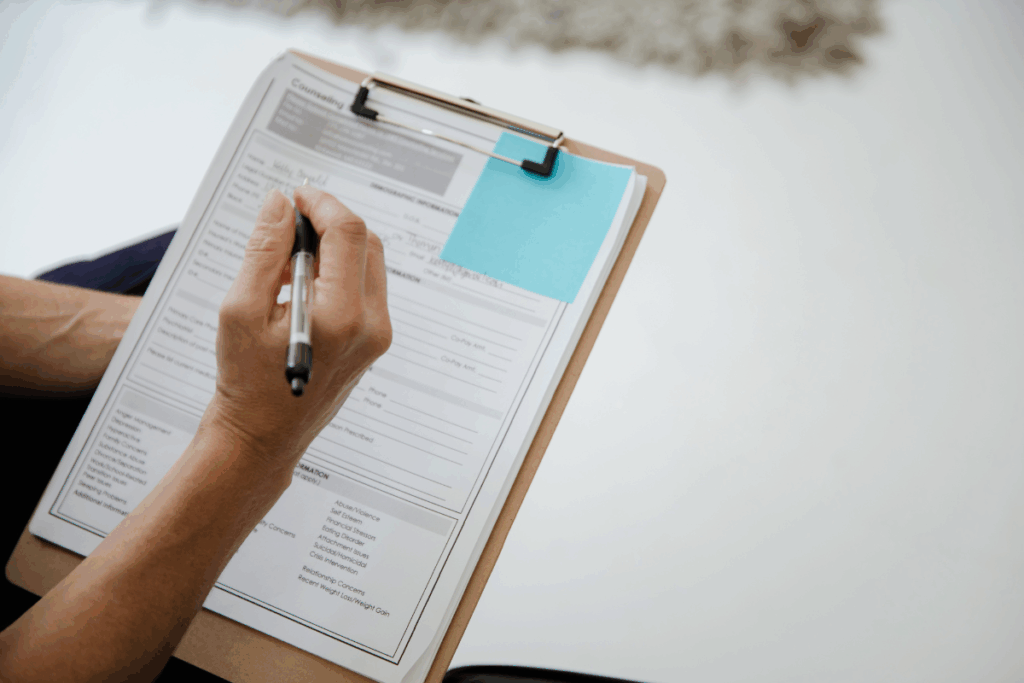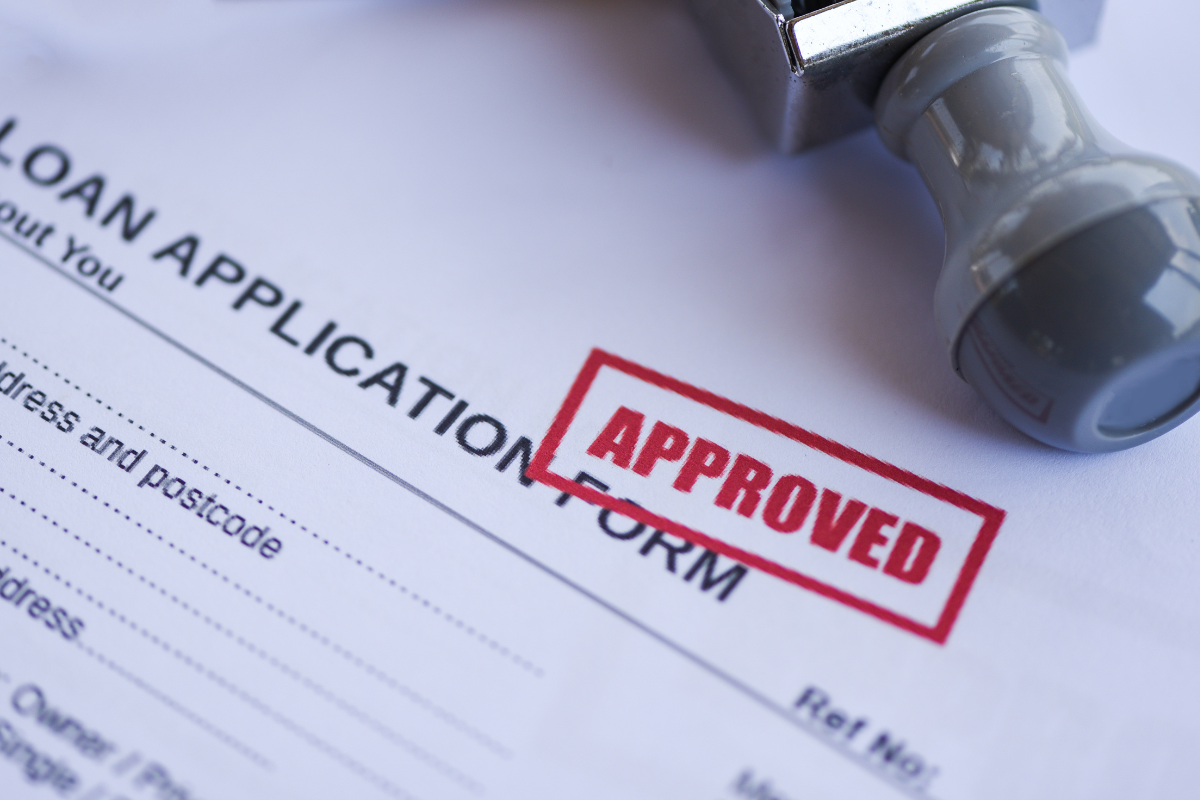Applying for a personal loan Singapore can be an efficient way to cover unexpected expenses, fund big purchases, or consolidate debt into a single manageable payment. However, one key step often overlooked by many borrowers is preparing the right documentation before submitting their application. Having the proper documents ready can make a significant difference between a swift approval and a frustrating delay.
Whether you are applying through a bank or a money lender Singapore, understanding what paperwork is required can help you save time and avoid unnecessary stress. In this guide, we will walk you through the essential checklist of documents you need, explain why each one matters, and share practical tips to make the loan process as smooth as possible.
Why Documentation Matters
When you apply for a personal loan, lenders need to confirm several important details about you. These include your identity, your source of income, your employment stability, and your ability to repay the loan. Documentation is the tool that helps them verify all this information accurately.
In Singapore, all licensed money lenders operate under the Ministry of Law’s regulations, which require them to verify a borrower’s information to prevent fraud, ensure compliance with lending rules, and promote responsible borrowing. Proper documentation is not only about formality it is a form of protection for both the borrower and the lender.
For borrowers, submitting the correct paperwork helps ensure that their applications are processed without unnecessary delays. For lenders, it prevents unauthorised or fraudulent loan approvals. A complete set of documents builds credibility and demonstrates that you are a trustworthy applicant.
The Basic Document Checklist for Singapore Citizens and Permanent Residents
If you are a Singapore citizen or permanent resident applying for a personal loan, the required documents are generally straightforward. Here is what most lenders will ask for:
1. NRIC (Front and Back)
Your NRIC serves as the primary proof of identity. Lenders need this to confirm your citizenship or permanent resident status. Make sure the photocopies or scanned copies are clear and not faded.
2. Proof of Income
To determine whether you can repay the loan, lenders will request evidence of your earnings. This usually includes:
- The latest three months’ payslips
- Your CPF contribution statements for the past three months
- The most recent Income Tax Notice of Assessment
These documents collectively demonstrate your income consistency and employment stability. If you are self-employed, you may be asked to submit your latest tax assessment and bank statements to prove your income flow.
3. Proof of Residence
Your lender will also want to confirm your local address. You can use a recent utility bill, phone bill, or bank statement showing your name and address. This is important because licensed money lenders must know how to reach you for correspondence or official communication.
4. Employment Details
Provide your employer’s name, address, and contact information. This allows the lender to verify your employment status directly if necessary. Some may request an employment letter or contract to confirm your position and duration of service.
Submitting all these documents in a clear and organised manner can significantly speed up your application process.
Documents Needed for Foreigners Working in Singapore
If you are a foreigner employed in Singapore, your checklist will be slightly different since you will need to provide proof of both identity and legal employment. Licensed money lenders in Singapore are required to verify your eligibility and residency status carefully.
1. Valid Passport and Employment Pass
Your passport establishes your identity, while your employment pass confirms your right to work and stay in Singapore. Both must be valid and clearly legible.
2. Proof of Income
Most lenders will request your latest three months’ payslips or recent bank statements showing salary deposits. If your salary is paid in cash, you may need to obtain a letter from your employer confirming your income.
3. Proof of Local Residence
You will need to show that you have a fixed local address. A tenancy agreement, utility bill, or official correspondence showing your address will typically suffice.
4. Employer’s Letter or Contact
Lenders may ask for a verification letter from your employer or at least provide contact details for confirmation. This helps them assess your job stability and the likelihood of steady income.
Foreign applicants should ensure that all documents are translated into English if originally issued in another language, as lenders may not process documents written in other languages.
Additional Documents That May Be Requested
While the basic checklist covers most situations, certain lenders may request extra documents depending on the nature of your application. These may include:
- Credit card statements: To assess your existing debts or spending habits.
- Loan statements: If you have other active loans, these statements help lenders gauge your total financial commitments.
- Guarantor information: Some lenders may ask for a guarantor if your income is low or your credit history is limited.
The key thing to remember is that each money lender Singapore has its own internal evaluation criteria. While the required documents are mostly standard, the lender might ask for more information to better understand your financial situation.
How Licensed Money Lenders Use These Documents
Once you have submitted your documents, the lender will carefully review them to verify your eligibility. Each piece of paperwork plays a role in evaluating whether your loan can be approved.
- Identity documents confirm that you are who you claim to be and that you are legally eligible to apply for credit in Singapore.
- Income documents help the lender determine your repayment capacity. Stable income means a lower risk of default.
- Proof of residence ensures that the lender can contact you if needed and confirms that you have a permanent or stable living arrangement.
- Employment details demonstrate reliability and stability, which are strong indicators of creditworthiness.
Licensed lenders do not just rely on these documents for approval. They also use them to protect borrowers by preventing over-lending. By reviewing your total income and outstanding obligations, lenders can ensure that your repayment plan remains manageable.
Tips to Prepare Your Documents Properly
Submitting accurate and complete paperwork can greatly improve your chances of fast approval. Here are several tips to help you get everything in order:
1. Prepare Both Hard and Soft Copies
Keep printed copies for submission in person, and store scanned digital versions for online applications. Most lenders now accept electronic uploads, which can save time.
2. Check That All Information Is Current
Ensure your address, contact number, and employment details are up to date. Outdated information can cause delays or even rejection.
3. Label and Organise Files Clearly
If submitting online, label your documents with clear names such as “NRIC Front,” “Payslip January,” and so on. This makes it easier for lenders to process your application efficiently.
4. Avoid Altered or Illegible Copies
Never submit edited or blurry documents. Licensed lenders are trained to identify inconsistencies, and submitting unclear documents may raise red flags.
5. Be Honest and Transparent
Always provide genuine and accurate details. Dishonesty can lead to an immediate rejection, and in some cases, it could be considered an offence under local laws.
Common Mistakes Borrowers Make
Even with the best intentions, many applicants make small errors that cause unnecessary setbacks. Here are some mistakes to avoid:
- Submitting incomplete forms: Double-check that every required field is filled.
- Forgetting proof of address: This is one of the most common omissions.
- Using outdated payslips or expired passes: Lenders require the most recent information.
- Failing to include supporting income documents: If you are self-employed, provide your tax documents or bank statements to prove cash flow.
- Ignoring requests for follow-up documents: Always respond promptly to any additional document requests.
A little attention to detail goes a long way in ensuring your personal loan Singapore application proceeds without delay.
How to Streamline Your Loan Application

Many Singaporeans find the loan application process intimidating, but it does not have to be. The key to a smooth experience is preparation.
Start by researching reputable licensed lenders. You can refer to the Ministry of Law’s official list of approved money lender Singapore firms. Avoid unlicensed lenders or quick-cash offers that promise guaranteed approval, as they may not comply with the law.
Once you have chosen a legitimate lender, prepare your documents in advance. Keep a dedicated folder on your computer or phone for scanned copies. Having your documents ready before filling in the application form helps you complete the process in one sitting.
Most licensed lenders now offer online application portals. You can upload your documents, fill out your details, and receive preliminary feedback within a day or two. By ensuring that your documentation is accurate and complete, you make it easier for the lender to verify your eligibility and approve your loan quickly.
What Happens After Submission
After submitting your application, the lender will typically contact you to verify the details. This may involve confirming your employment or reviewing your income statements. Once the lender has assessed your eligibility and repayment ability, you will receive an offer outlining the loan amount, repayment schedule, and interest rate.
If you agree to the terms, the lender will prepare a loan contract. You will need to sign it in person at the lender’s office or via a secure electronic signing process. The funds are usually disbursed shortly after the contract is signed.
Remember, under Singapore’s regulations, licensed money lenders must clearly explain the terms and conditions before you sign. This ensures that borrowers fully understand their obligations and repayment schedules.
The Benefits of Being Prepared
Submitting complete and accurate documentation may seem like extra work, but it has clear benefits. A well-prepared applicant often receives faster approval, better loan terms, and a smoother borrowing experience. It also leaves a positive impression on the lender, which can be helpful for future loan applications.
Being organised also reduces stress. You avoid the back-and-forth communication that usually happens when information is missing or unclear. Most importantly, you minimise the risk of rejection simply because of incomplete paperwork.
Conclusion
Applying for a personal loan Singapore does not have to be complicated. The secret lies in preparation. Whether you are borrowing from a bank or a money lender Singapore, having your documents ready and accurate can make the difference between approval and delay.
Your NRIC, proof of income, proof of address, and employment details form the foundation of your application. For foreigners, a valid passport, employment pass, and proof of local residence are essential. Take time to organise, label, and verify your documents before submission.
Ultimately, proper documentation is more than just an administrative step. It reflects responsibility, transparency, and readiness to handle financial commitments. With the right preparation, your loan process can be quick, efficient, and stress-free helping you achieve your financial goals with confidence.



